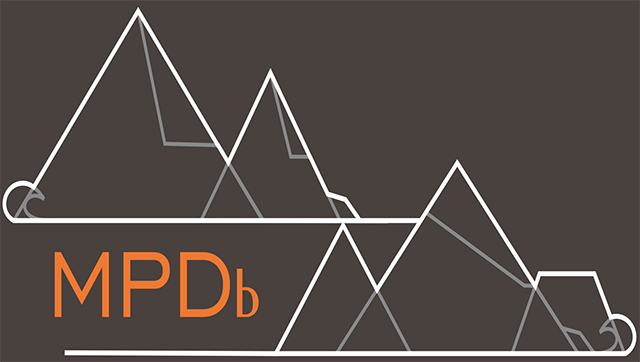R Pedra-que-pica Pliocene Section
Stratigraphy Layers
EonPhanerozoic
EraCenozoic
PeriodNeogene
EpochPliocene
Touril Volcano-Sedimentary Complex
Location Occurrences
Occurrences
| VS | Scientific Name | Archipelago | Island | Location | Min/Max Age |
|---|
Stratigraphy Data
| Designation | Pedra-que-pica Pliocene Section |
| Status | Accepted |
| Parent Strata | Touril Volcano-Sedimentary Complex |
| Unit Type | Lithostratigraphy |
| Scope | Local |
| Max Thickness (m) | 11 |
| Top - Base Age (Ma) | 3.6 - 5.333 |
| Chronostratigraphy - min/max age | Zanclean |
| Dating_max | 4.78 |
| Dating_min | 4.13 |
| Dating method | Argon-argon |
| Dating_material | Basaltic pillow-lavas |
| Stratigraphy verification status | Trusted |
| Added by | Madeira, P. |
| Added date | 2024-02-12 17:00:00 |
| Updated by | Madeira, P. |
| Update date | 2024-05-21 15:06:42 |
References
Age Reference
Cohen, K. M., Finney, S. C., Gibbard, P.L., & Fan, J. -X. (2023). The ICS International Chronostratigraphic Chart. International Commission on Stratigraphy. https://stratigraphy.org/ICSchart/ChronostratChart2023-09.pdf.
Stratigraphy After
Ávila, S. P., Ramalho, R. S., Habermann, J. M., & Titschack, J. (2018). The marine fossil record at Santa Maria Island (Azores). U. Kueppers, & C. Beier. Volcanoes of the Azores: Revealing the Geological Secrets of the Central Northern Atlantic Islands. 155–196. Springer, Berlin. Active Volcanoes of the World. https://doi.org/10.1007/978-3-642-32226-6_9.
Dating Reference
Ramalho, R. S., Helffrich, G., Madeira, J., Cosca, M., Thomas, C., Quartau, R., Hipólito, A., Rovere, A., Hearty, P. J., & Ávila, S. P. (2017). The emergence and evolution of Santa Maria Island (Azores) – the conundrum of uplifted islands revisited. 372–390. Bulletin of the Geological Society of America. 129. 3-4. https://doi.org/10.1130/B31538.1.
Cohen, K. M., Finney, S. C., Gibbard, P.L., & Fan, J. -X. (2023). The ICS International Chronostratigraphic Chart. International Commission on Stratigraphy. https://stratigraphy.org/ICSchart/ChronostratChart2023-09.pdf.
Stratigraphy After
Ávila, S. P., Ramalho, R. S., Habermann, J. M., & Titschack, J. (2018). The marine fossil record at Santa Maria Island (Azores). U. Kueppers, & C. Beier. Volcanoes of the Azores: Revealing the Geological Secrets of the Central Northern Atlantic Islands. 155–196. Springer, Berlin. Active Volcanoes of the World. https://doi.org/10.1007/978-3-642-32226-6_9.
Dating Reference
Ramalho, R. S., Helffrich, G., Madeira, J., Cosca, M., Thomas, C., Quartau, R., Hipólito, A., Rovere, A., Hearty, P. J., & Ávila, S. P. (2017). The emergence and evolution of Santa Maria Island (Azores) – the conundrum of uplifted islands revisited. 372–390. Bulletin of the Geological Society of America. 129. 3-4. https://doi.org/10.1130/B31538.1.
